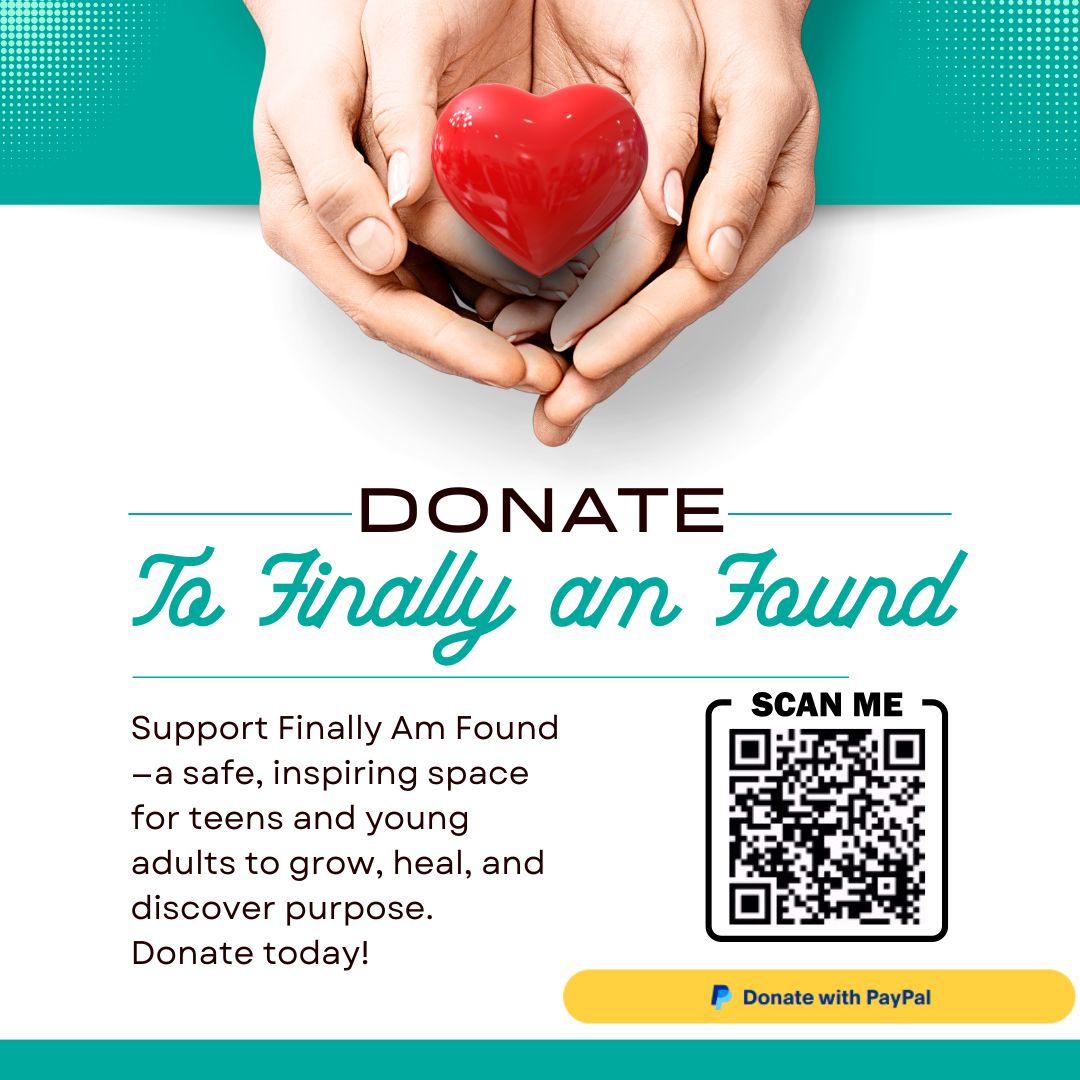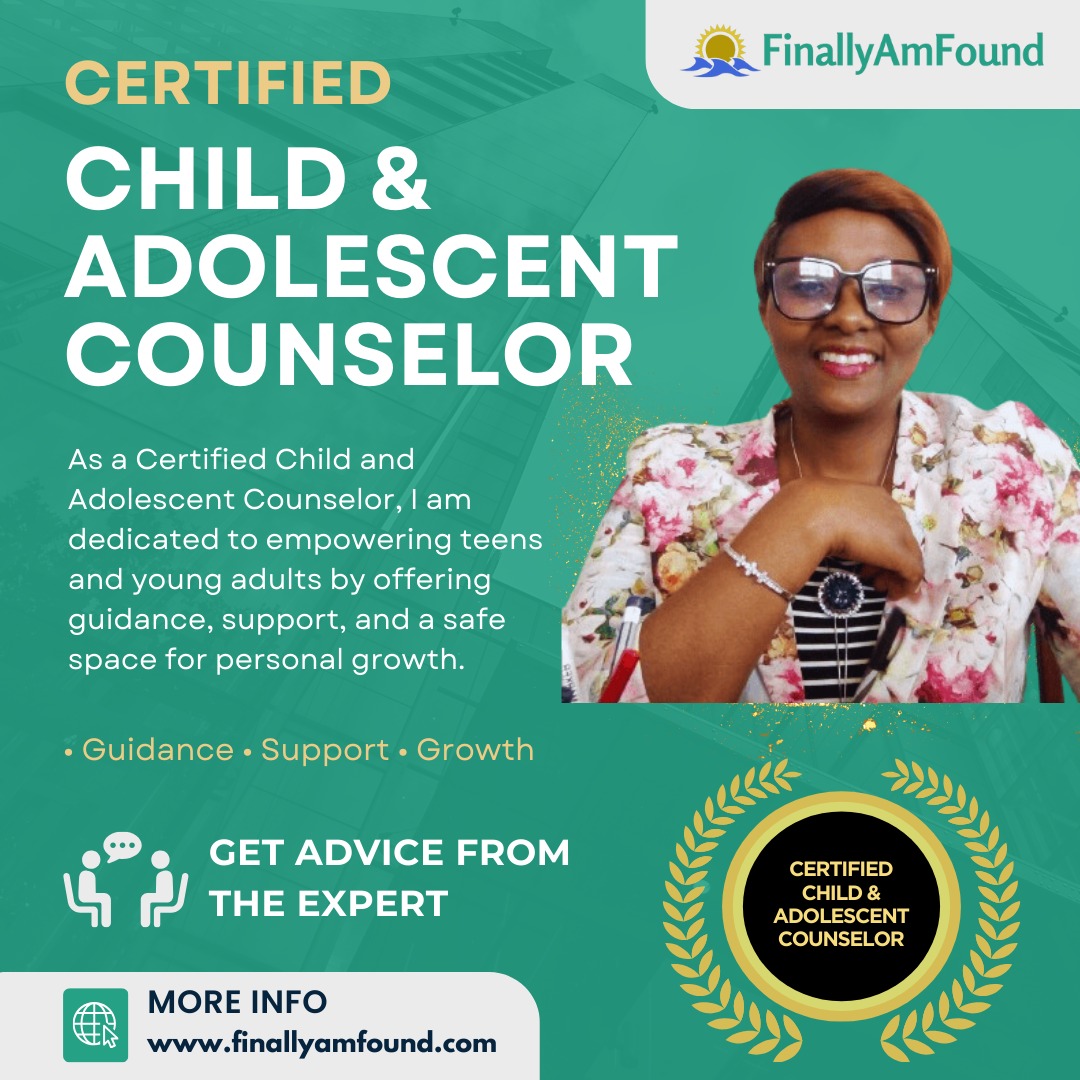As young people, you experience a wide range of emotions daily. Among these emotions, anger and frustration are common and can sometimes be challenging to manage. Understanding and managing these emotions is crucial for maintaining healthy relationships, mental well-being, and personal growth. In this article, we will explore anger and frustration, their causes, and various healthy coping mechanisms to help you navigate these emotions effectively.
Understanding Anger and Frustration
Anger and frustration are natural responses to feeling thwarted, threatened, or treated unfairly. Anger is a powerful emotion that can range from mild irritation to intense fury. Frustration, on the other hand, is the feeling of being obstructed or prevented from achieving a goal. Both emotions can be overwhelming, especially when they are not managed properly.
Common Triggers of Anger and Frustration
Anger and frustration often stem from various triggers, such as:
- Interpersonal Conflicts
- Feeling misunderstood or unheard: When young people feel like their thoughts and feelings aren’t valued, it can lead to frustration and anger.
- Bullying or peer pressure: Experiencing negative social interactions can trigger strong emotional responses.
- Media: Negative experiences or comparisons on social media can trigger feelings of inadequacy and frustration.
- Family conflicts: Unresolved family issues or a lack of support can contribute to anger.
- Changes in life: Major life events like moving, divorce, or loss can be emotionally challenging.
- Academic or Professional Stress
- Struggling with new work, or schoolwork, or feeling overwhelmed by assignments can lead to frustration.
- Unmet Expectations
- When expectations are too high or unrealistic, it can lead to disappointment and anger.
- Feeling Powerless or Unheard
- Low self-esteem: Feeling inadequate or insecure can make young people more reactive to perceived threats or challenges.
- Lack of control: Feeling powerless or unable to influence situations can lead to anger.
- Lack of problem-solving skills: Not knowing how to cope with challenges can contribute to frustration.
Myths About Anger
There are several common myths about anger that can mislead young people:
- Myth 1: Anger is always a negative emotion. While anger can be destructive if expressed inappropriately, it is not inherently negative. Anger is a normal and natural emotion that can provide important signals about our needs and boundaries. But never sleep with anger (Ephesians 4:26).
- Myth 2: Anger is always someone else’s fault. It’s easy to blame others for making us angry, but the truth is that we are ultimately responsible for our own emotions. While other people’s actions may trigger our anger, we have the power to choose how we respond.
- Myth 3: Suppressing anger is the best way to deal with it. Suppressing anger can lead to negative consequences, such as resentment, depression, and even physical health problems. It’s important to find healthy ways to express anger, such as through assertive communication or creative outlets.
- Myth 4: Anger is a sign of weakness. Anger is a normal human emotion, and experiencing it does not make us weak. In fact, acknowledging and expressing our anger can be a sign of strength and self-awareness.
- Myth 5: Venting anger is the best way to let it go. Venting anger, such as by yelling or hitting things, may provide temporary relief but can ultimately make us feel worse. It’s important to find constructive ways to express anger, such as through communication or problem-solving.
- Myth 6: Anger is always visible and explosive. Anger can take many forms, and not all of them are visible or explosive. Some people may express their anger through passive-aggressive behavior, while others may internalize it and become depressed or anxious.
- Myth 7: Anger management is about controlling or eliminating anger. Anger management is not about suppressing or eliminating anger, but rather about learning healthy ways to manage and express it. The goal is not to eliminate anger but to reduce its negative consequences and improve overall well-being.
Identifying Triggers and Warning Signs
Recognizing the triggers and warning signs of anger and frustration is essential for managing these emotions effectively.
Physical Signs
- Increased heart rate
- Rapid breathing
- Raised voices
- Sweating
- Tightened stomach/diaphragm
- Tense muscles
- Headaches
- Stomach aches
- Fatigue
Emotional Signs
- Irritability
- Impatience
- Feeling overwhelmed
- Frustration
- Resentment
- Feeling misunderstood
Behavioral Signs
- Changes in voice tone or volume
- Pacing
- Clenched fists or jaw
- Withdrawal from others
- Difficulty concentrating
- Increased criticism
- Blaming others
- Argumentativeness
How Teens Express Their Anger
Teenagers often express their anger in various ways, including:
- Arguing or yelling
- Slamming doors or storming out
- Physical aggression, such as hitting, kicking, or throwing objects
- Withdrawing from social situations or becoming quiet and sullen
- Sarcasm or mean comments
- Writing or drawing
- Pacing or fidgeting
- Grinding teeth or clenching fists
- Cursing or using offensive language
- Making threats or engaging in intimidating behavior
- Giving the silent treatment
- Engaging in self-harm, such as cutting or burning
- Using drugs or alcohol to cope with anger
Healthy Coping Mechanisms
Developing healthy coping mechanisms can help you manage anger and frustration effectively.
First Aid for Anger
- Pause and Breathe: Take a few deep breaths to calm your nervous system. Relax all your muscles, release your fists, relax the knots in your abdomen, unlock your knees, and relax your lips.
- Remove Yourself: If possible, remove yourself from the situation to avoid escalation.
- Count to Ten: Give yourself time to cool down before reacting.
- Engage in Physical Activity: Exercise can help dissipate pent-up energy; do push-ups, run, etc.
Deep Breathing Exercises
Deep breathing helps activate your body’s relaxation response, reducing the intensity of anger and frustration. To practice deep breathing, inhale slowly through your nose, counting to four. Hold your breath for a moment, then exhale slowly through your mouth, counting to four. Repeat this process for several minutes until you feel calm and relaxed. This is the most immediate therapy needed.
Progressive Muscle Relaxation
Progressive muscle relaxation involves tensing and releasing various muscle groups in your body. This technique helps you become more aware of physical sensations associated with anger and frustration, allowing you to release tension and promote relaxation.
Physical Activity and Exercise
Physical activity and exercise are excellent ways to manage anger and frustration. Engaging in regular physical activity can help reduce stress, improve mood, and increase self-esteem. Aim for at least 30 minutes of moderate-intensity exercise most days of the week.
Mindfulness and Meditation
Mindfulness and meditation involve focusing your attention on the present moment, accepting your thoughts and emotions without judgment. Practicing mindfulness and meditation can help you become more aware of your emotional state, allowing you to respond to anger and frustration in a healthier manner.
Creative Expression
Creative expression, such as art, writing, or music, can help you process and manage anger and frustration. Engaging in creative activities allows you to express your emotions in a safe and constructive way.
Express Your Feelings
Once you have identified the cause of your anger, try to express your feelings in a calm and assertive way. Use “I” statements to express how you are feeling, rather than blaming or criticizing others. Instead of saying, “You never spend any time with me! You don’t care about me at all!” you could say, “I am feeling lonely and disconnected because I have not been spending as much time with you as I would like. Can we talk about finding a balance that works for both of us?”
Talk to God About It
Sometimes we are trapped in ugly or dark situations only because we didn’t communicate or express ourselves to Him.
Seeking Support
Talking to trusted adults or friends about your anger and frustration can provide valuable insight and support. Sharing your emotions with others can help you feel understood, validated, and less isolated.
Be Willing to Forgive
Resolving conflict is impossible if you’re unwilling or unable to forgive. Resolution lies in releasing the urge to punish, which can never compensate for our losses and only adds to our injury by further depleting and draining our lives.
Challenges Young People Face and How to Manage
Academic Pressure
Challenge: Difficulty with schoolwork, upcoming exams, or feeling overwhelmed by assignments.
Coping Strategies: Effective time management, study techniques, seeking academic support, setting realistic goals, breaking down tasks into smaller steps, practicing relaxation techniques.
Career Uncertainty
Challenge: Uncertainty about future career paths.
Coping Strategies: Explore various career paths, seek career counseling, gain practical experience through internships or part-time jobs, and consider taking career aptitude tests.
Peer Pressure
Challenge: Feeling excluded, bullied, or pressured to conform.
Coping Strategies: Build strong self-esteem, develop assertive communication skills, prioritize personal values, surround yourself with positive influences, seek support from trusted adults.
Parental Expectations
Challenge: High expectations, strict rules, or feeling misunderstood by parents.
Coping Strategies: Open communication with parents, expressing feelings calmly, setting boundaries, finding common ground, spending quality time together, seeking outside support if needed.
Identity Crisis
Challenge: Struggling to find one’s place in the world, feeling confused about future goals, or experiencing pressure to make life decisions.
Coping Strategies: Explore different interests and passions to better understand what excites and motivates you. Talking to mentors, trusted adults, or peers can provide valuable perspectives and advice. Set small, achievable goals to help guide your decisions and actions. Practice self-care to maintain your mental and emotional health, and allow yourself time for self-reflection without pressure.
Relationship Issues
Challenge: Dealing with breakups, conflicts with friends, or feelings of loneliness.
Coping Strategies: Building a strong support system can help you navigate tough times. Practice healthy communication by expressing your feelings clearly and respectfully. Set boundaries to protect your emotional well-being. Focus on self-care and personal growth. Join social groups or clubs that align with your interests, and practice active listening in your relationships to foster understanding and trust.
Procrastination
Coping Strategies: Break down large tasks into smaller, more manageable parts. Set clear deadlines and stick to them. Eliminate distractions by creating a focused work environment. Use time management techniques, such as the Pomodoro Technique or time-blocking, to stay on track.
Body Image Concerns
Challenge: Feeling dissatisfied with your physical appearance.
Coping Strategies: Focus on your overall health and well-being rather than just your appearance. Challenge negative thoughts by replacing them with positive affirmations. Build a positive body image by surrounding yourself with supportive people and avoiding social comparisons. Seek professional help if body image issues are significantly impacting your life.
Lack of Control
Challenge: Feeling powerless over life circumstances or decisions.
Coping Strategies: Identify areas where you have control and focus on making positive changes there. Set realistic goals that are within your power to achieve. Develop problem-solving skills to better navigate challenges. Focus on inner beauty and maintain a healthy lifestyle. Seek support from loved ones or professionals, and practice acceptance of situations beyond your control.
Significant Life Changes
Challenge: Experiencing a significant life change, such as job loss or relocation.
Coping Strategies: Acknowledge your emotions and give yourself time to adjust to the change. Create a support system of friends, family, or professionals who can help you through the transition. Focus on the opportunities that the change may bring rather than dwelling on the limitations. Develop a plan for the future to regain a sense of control and direction.
Substance Abuse and Alcoholism
Coping Strategies: Seek professional help to address substance abuse issues. Build a support system of trusted individuals who can encourage and hold you accountable. Focus on healthy alternatives, such as exercise, hobbies, or spiritual practices, to replace harmful habits. Dedicate time for silence and reflection, connecting with God or your higher power for strength and guidance.
Dealing with a Chronic Illness
Coping Strategies: Build a strong support system to help you manage the emotional and practical challenges of a chronic illness. Prioritize self-care by following your treatment plan, eating well, and getting enough rest. Learn about your condition to better understand how to manage it. Set realistic goals that accommodate your health needs, and let your faith or spirituality be a source of comfort and companionship.
Building Resilience
Resilience is the ability to bounce back from adversity and adapt to challenges. Building resilience can help you manage anger and frustration more effectively.
Developing Problem-Solving Skills
Learning how to solve problems effectively can help you manage anger and frustration. Break down complex problems into smaller, manageable tasks. Identify potential solutions and weigh the pros and cons of each option. Implement your chosen solution and evaluate its effectiveness.
Practicing Assertive Communication
Assertive communication involves expressing your thoughts, feelings, and needs in a respectful and clear manner. This approach helps to prevent misunderstandings and build healthier relationships.
Unhealthy Coping Mechanisms
While managing anger and frustration is essential, it’s also important to avoid unhealthy coping strategies, such as:
- Aggression: Verbal or physical aggression can harm relationships and escalate conflicts.
- Substance Use: Turning to drugs or alcohol to cope with anger and frustration can lead to addiction and other negative consequences.
- Withdrawal: Isolating yourself from others can worsen feelings of anger and frustration, leading to a vicious cycle.
Prayer
Dear Lord Almighty,
I pray for Your peace to wash over me, calming the storm within. Help me to understand the root of my anger and to address it with wisdom and compassion. Teach me to respond to challenges with patience and grace, rather than letting anger dictate my actions.
Grant me the strength to choose love over hate, forgiveness over resentment. Help me to see the beauty in others, even when they disappoint me. May I be a beacon of peace and understanding in a world that often feels chaotic and divisive.
Holy Spirit, be my guide.
In Jesus Christ’s name, I pray.
Amen.
Hey, I’m Angeline, your RN and founder of Finally Am Found. With a heart for mentorship, I’ve been guiding teens and young adults since 2017. As a Registered Nurse, I blend medical expertise with personal experiences to create a Christ-aligned space for self-discovery. Connect with Angeline on Facebook and let the journey to self-discovery begin!
















